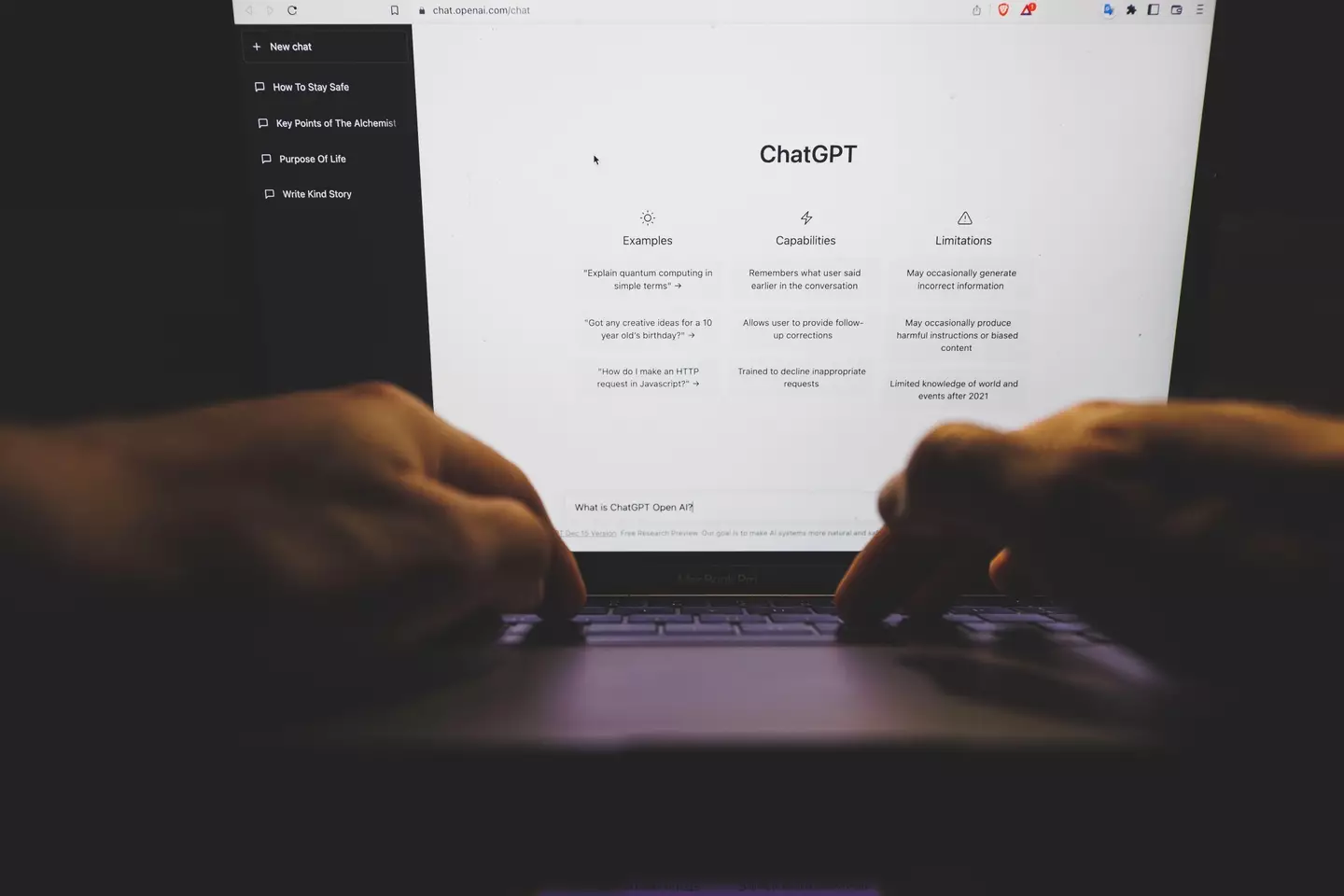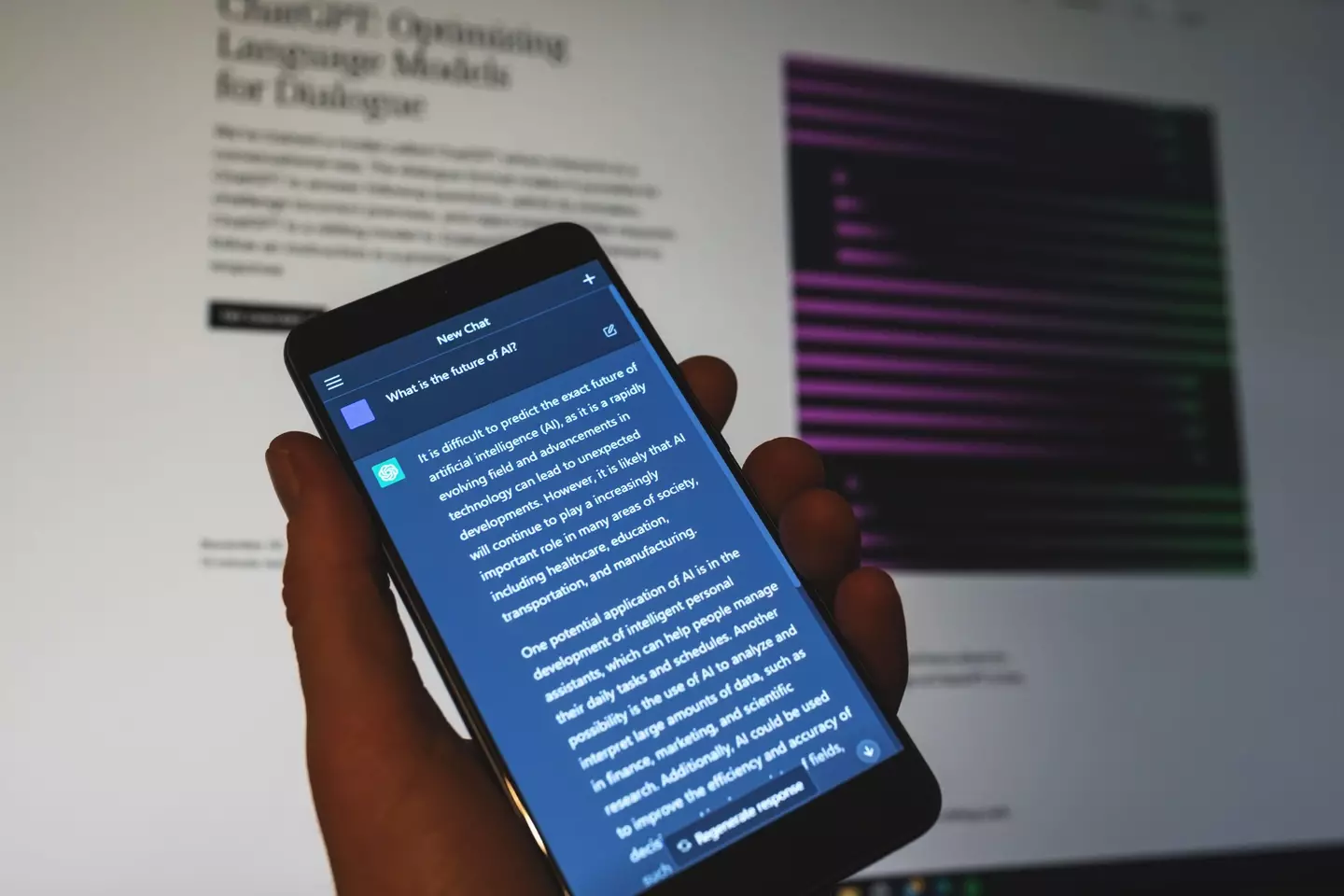
A new report has found that a shocking number of jobs may be taken over by ChatGPT and other forms of artificial intelligence.
While many of chatbots have come and gone over the years, the most successful has undoubtedly been the recently updated ChatGPT, which was made freely available to the public in November by the Elon Musk-founded OpenAI.
Amid the ongoing popularity of such technology, a team of researchers have taken it upon themselves to find out just how much they may affect jobs in the future; just like how the arrival of machinery meant the end for many factory workers, there’s no denying that employees in certain fields are feeling threatened.
The paper, ‘GPTs are GPTs: An Early Look at the Labor Market Impact Potential of Large Language Models’, was published earlier this week and comes from researchers from OpenAI, Open Research and the University of Pennsylvania.
Advert
The team concluded that the general-purpose technologies (GPTs) could have ‘notable economic, social, and policy implications’.

“Using a new rubric, we assess occupations based on their correspondence with GPT capabilities, incorporating both human expertise and classifications from GPT-4,” the explained in the abstract, adding: “Our findings indicate that approximately 80% of the U.S. workforce could have at least 10% of their work tasks affected by the introduction of GPTs, while around 19% of workers may see at least 50% of their tasks impacted.
“The influence spans all wage levels, with higher-income jobs potentially facing greater exposure. Notably, the impact is not limited to industries with higher recent productivity growth.”
According to the findings, almost 50 percent of workers may see their work impacted by Large Language Models – or LLMS.
The researchers said only three percent of US workers have ‘over half of their tasks exposed to GPT when considering existing language and code capabilities without additional software or modalities’.

“Accounting for other generative models and complementary technologies, our human estimates indicate that up to 49% of workers could have half or more of their tasks exposed to LLMs.”
After the paper was released, OpenAI’s Pamela Mishkin tweeted: “Today's GPTs can do a lot. Over the past few years we've seen them get better and better at solving more and more complex tasks with fewer and fewer examples of less and less related tasks. The paper examines this **trend** not any particular model available today.”
She also stressed that the published findings were very much a ‘working paper’, adding: “We have some exciting work coming as follow-up that hopefully addresses some of these limitations and as always my email is open if you're interested in collaborating.”
So, your job should be safe for now, but for how much longer?
Topics: Technology